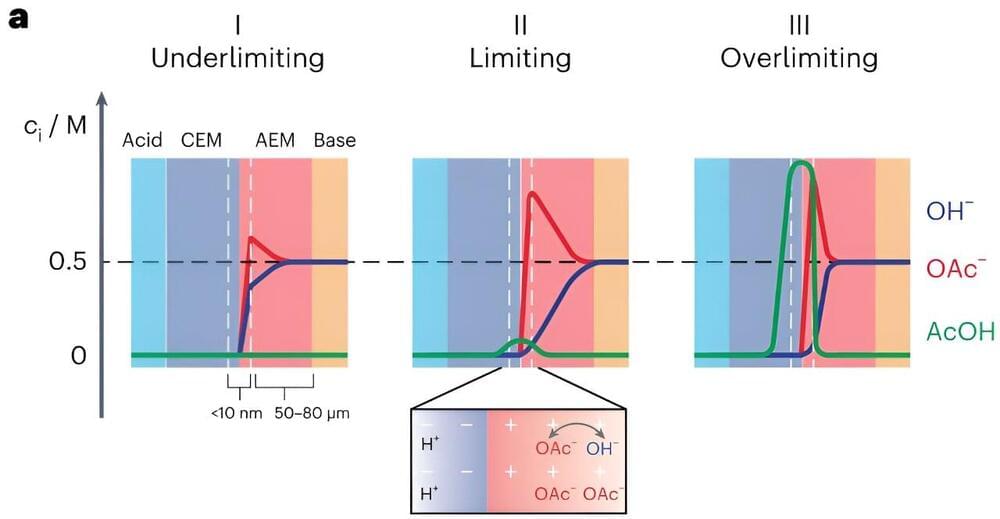Researchers have found that treating seeds with ethylene gas increases both their growth and stress tolerance. This discovery, involving enhanced photosynthesis and carbohydrate production in plants, offers a potential breakthrough in improving crop yields and resilience against environmental stressors.
Just like any other organism, plants can get stressed. Usually, it’s conditions like heat and drought that lead to this stress, and when they’re stressed, plants might not grow as large or produce as much. This can be a problem for farmers, so many scientists have tried genetically modifying plants to be more resilient.
However plants modified for higher crop yields tend to have a lower stress tolerance because they put more energy into growth than into protection against stresses. Similarly, improving the ability of plants to survive stress often results in plants that produce less because they put more energy into protection than into growth. This conundrum makes it difficult to improve crop production.








